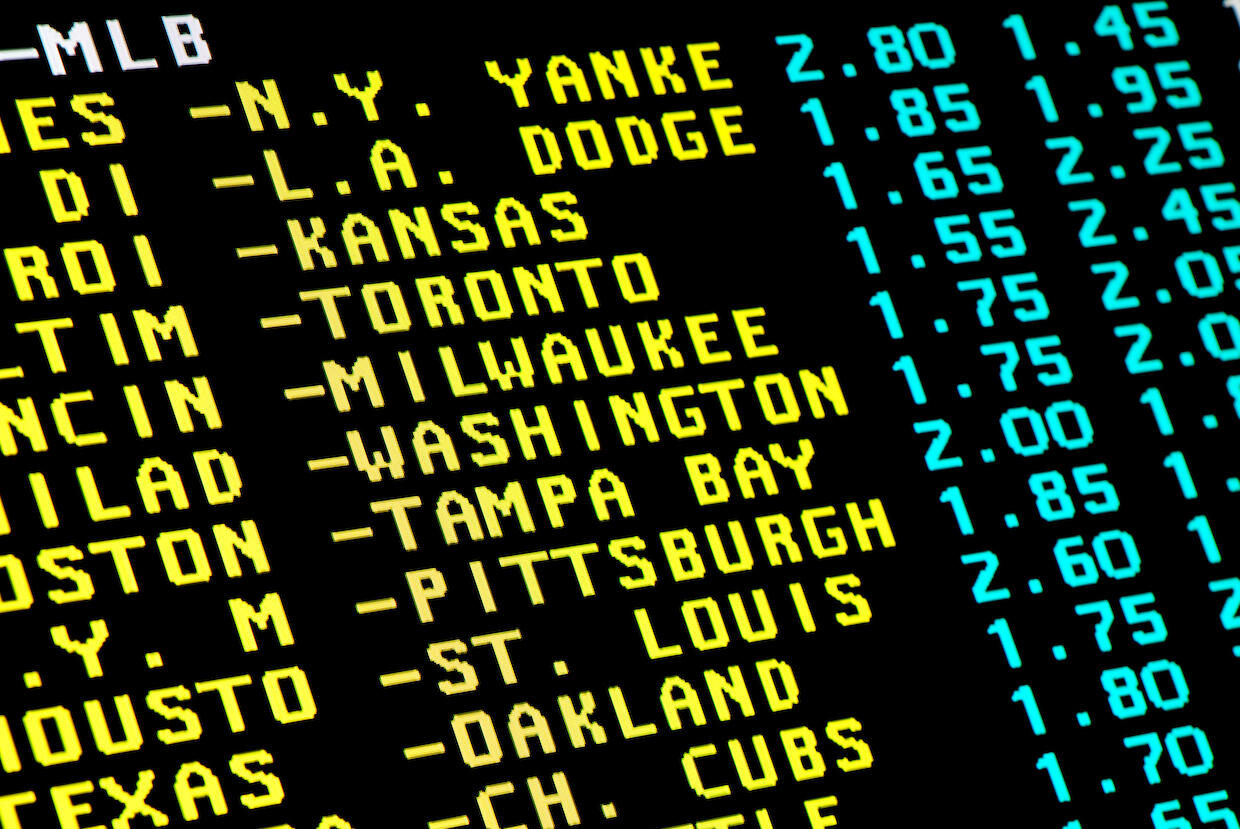
May 14, 2018
Supreme Court strikes down anti-sports gambling law. VCU expert says a number of states will view it as a financial windfall.
Share this story
The Supreme Court on Monday struck down a federal law that required states to ban sports betting, paving the way for states to legalize gambling on the outcome of sporting events.
Brendan Dwyer, Ph.D., associate professor and director of research and distance learning at the Center for Sport Leadership in the Virginia Commonwealth University School of Education, is an expert on the business of sport, with a focus on the behavior of sports consumers.
The court’s 7-2 decision strikes down the Professional and Amateur Sports Protection Act of 1992 and upholds the legality of a 2014 New Jersey law allowing sports betting at casinos and racetracks. Dwyer said the decision comes as the perception of sports betting in the United States is shifting.
“While people used to quickly acknowledge the social ills related to sports gambling — financial loss, addiction, and dependent behavior — they now tend to discuss the opportunity lost through offshore websites and illegal bookies,” he said. “Sports betting is prevalent and a huge business, and states, with the exception of Nevada, have not received their cut. It generates billions, and our international counterparts, such as the U.K. and Australia, have been capitalizing on this market for decades.”
“States are aware of the financial windfall, and I would suspect a number of states will join New Jersey quickly.”
“The real question now is up to the sports leagues. Will they continue to ignore it or will they embrace it and receive the additional revenue? Based on recent comments from the NBA and MLB commissioners, I would assume you will likely see support from the big four sports — the MLB, NBA, NHL, and NFL.”
Subscribe to VCU News
Subscribe to VCU News at newsletter.vcu.edu and receive a selection of stories, videos, photos, news clips and event listings in your inbox.












